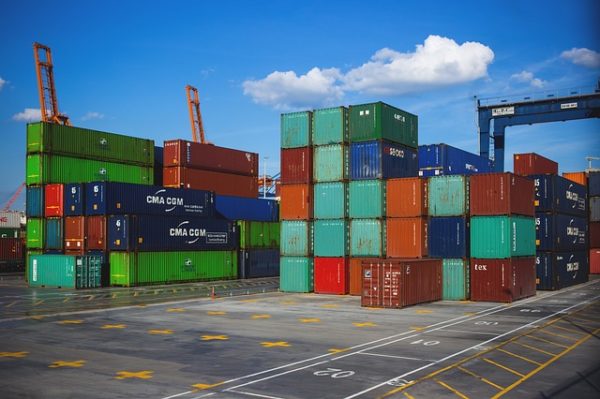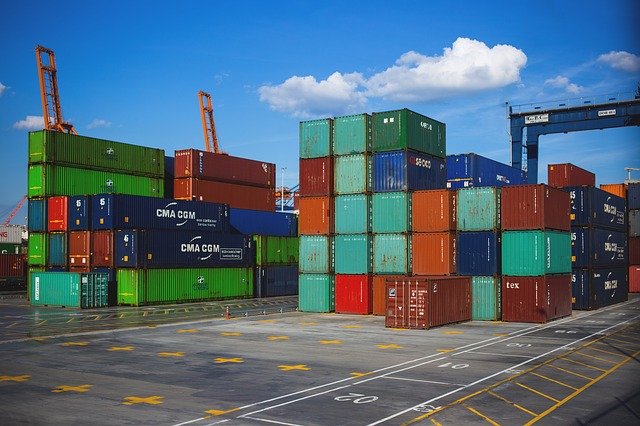
President Donald Trump and China’s President Xi Jinping have agreed to suspend new trade tariffs for 90 days to allow for talks, the White House announces.
At a post-G20 summit meeting in the Argentine capital, Buenos Aires, President Trump agreed not to boost tariffs on $200 billion of Chinese goods from 10% to 25% on January 1.
China will buy a “very substantial” amount of agricultural, industrial and energy products, the US says.
Meanwhile, China says the two sides agreed to open up their markets.
It was the first face-to-face meeting between President Trump and President Xi since a trade war erupted earlier this year.
The dispute broke out after President Trump complained China was doing nothing to cut its large surplus in bilateral trade.
US to Impose New Tariffs on Chinese Handbags, Rice and Textiles
President Trump Threatens $100 Billion More in China Tariffs
China Imposes New Tariffs of Up to 25% on 128 US Imports
At the summit in Buenos Aires on December 1, the G20 leaders agreed a joint declaration that notes divisions over trade but does not criticize protectionism.
Presidents Trump and Xi held a “highly successful meeting”, the White House said in a statement.
The White House says the US tariffs on Chinese goods will remain unchanged for 90 days, but warns: “If at the end of this period of time, the parties are unable to reach an agreement, the 10 percent tariffs will be raised to 25 percent.”
The US says China agreed to “purchase a not yet agreed upon, but very substantial, amount of agricultural, energy, industrial, and other products from the United States to reduce the trade imbalance between our two countries”.
According to the White House, both sides also pledged to “immediately begin negotiations on structural changes with respect to forced technology transfer, intellectual property protection, non-tariff barriers, cyber intrusions and cyber theft”.
President Trump said earlier this year he wanted to stop the “unfair transfers of American technology and intellectual property to China”.
According to the US, China has also signaled it will allow a tie-up between two major semiconductor manufacturers which Chinese regulators have been blocking.
The White House statement said China was “open to approving the previously unapproved Qualcomm-NXP deal”.
The US also says China agreed to designate Fentanyl as a controlled substance. The opioid – much of it thought to be made in China – is driving a huge rise in drug addiction in the US.
Both sides have imposed tariffs on billions of dollars’ worth of goods. The US has hit $250 billion of Chinese goods with tariffs since July, and China has retaliated by imposing duties on $110 billion of US products.
President Trump had also said that if talks in Argentina were unsuccessful, he would carry out a threat to hit the remaining $267 billion of annual Chinese exports to the US with tariffs of between 10 and 25%.
